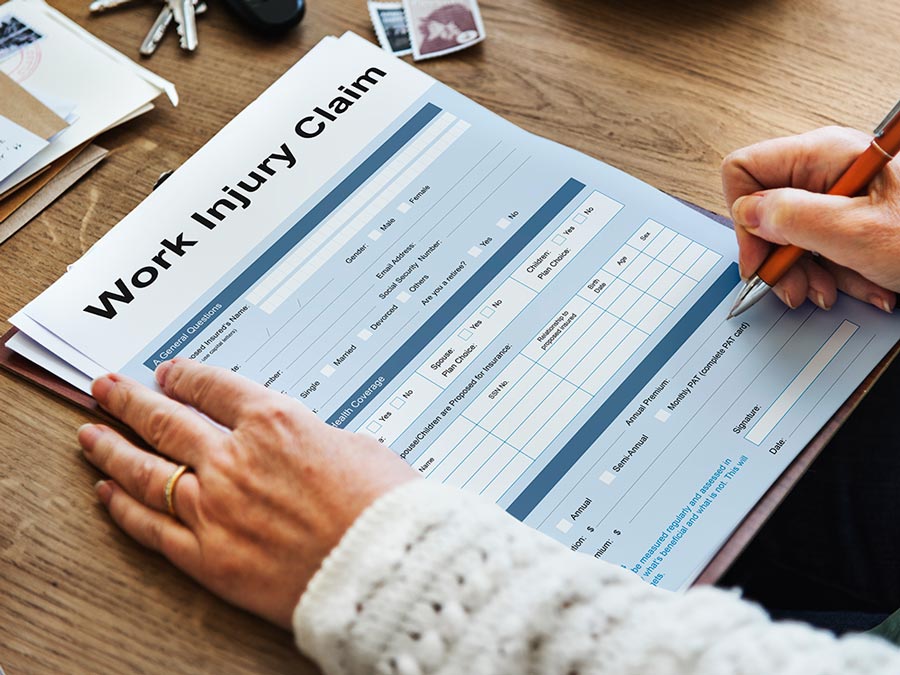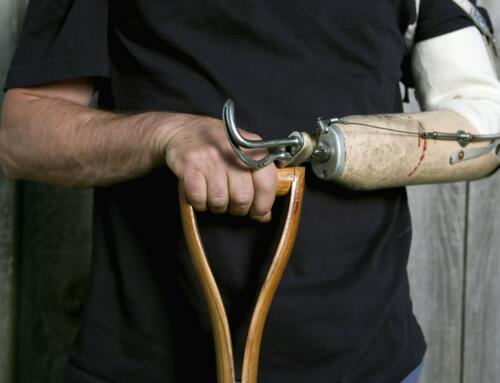Introduction
It may seem obvious to you that you were injured while carrying out your duties at your workplace, but that doesn’t mean that your employer will promptly compensate you for the injury. This form of compensation is often referred to as workers’ compensation, and claiming it might not be as straightforward as it sounds.
There is a legal process involved, and it is essential to consult a certified workers’ compensation claim attorney if you’re having trouble getting your workers’ compensation claim accepted.
If you sustained injuries at your workplace and your worker’s compensation claim was denied don’t give up hope This article sets forth the steps you can take if your worker’s compensation claim was denied.
Reasons Frequently Given for Refusing a Workers’ Compensation Claim
You have been denied compensation. Now what? How can you appeal a decision? The answers might vary, but we will walk you through it. It helps to understand why your workers’ compensation claim was rejected before you decide the best course of action. If you or your employer’s insurance provider made a straightforward error, appealing your denial might only require a quick phone call or email to set things right.
The following are some of the most frequent causes for your claim to be rejected:
- The employer claims the accident wasn’t “in the course and scope of employment.”
- False or incorrect information on claim applications or the accident report
- Illegal behavior, such as the employee using illegal substances,
- Not reporting the injury within the required 120-day deadline
- Issues with the seriousness or extent of the injury
A certified workers’ compensation attorney will guide you through the process . The initial step for an appeal is to submit a Claim Petition to the Bureau of Worker’s Compensation. After that, a judge who oversees worker’s compensation will consider the case. You must deal with complex procedural, evidentiary, legal, and factual challenges while appealing a denial.
The General Process
Contesting a workers’ compensation denial entails filing a claim petition. This is filed with the Department of Labor and Industry’s Workers’ Compensation Office of Adjudication. Although you can accomplish this on your own, it is best to consult a skilled work injury legal team.
An administrative law judge (ALJ) will be assigned to hear the evidence in your case. The process involves several hearings, depositions and written arguments explaining how your evidence is more persuasive than your opponents. It can take months before the ALJ will issue a decision. If the ALJ determines that you are not eligible for benefits, you may then need to take your appeal to the Workers Compensation Appeal Board.
The Appellate Process in Pennsylvania
If the workers’ compensation court decision is not in your favor partially or entirely, follow these procedures to navigate the Pennsylvania workers’ compensation appeals process.
-
Step one: Claim Submission to the Pennsylvania Workers’ Compensation Appeal Board.
Within 20 days of the date of the written decision, a petition for a worker’s compensation appeal in Pennsylvania must be filed with the Workers’ Compensation Appeal Board (WCAB). After reviewing your case and hearing oral argument, the appeals panel will decide whether to uphold or reject the original judge’s ruling. The matter will be returned to the Workers’ Compensation Judge on rare occasions.
-
Step 2: File an appeal with the Commonwealth Court of Pennsylvania
If you are unsuccessful before the WCAB, the next stage in the procedure is to file an appeal with the Pennsylvania Commonwealth Court. The Pennsylvania Commonwealth Court must receive appeals within 30 days of the date of the appeals board’s decision.
Our firm will point out the mistakes made by the appeal board when analyzing cases submitted to the Pennsylvania Commonwealth court and determine whether there is sufficient evidence to overturn the judgment. The WCAB decision will either be upheld or reversed by the court in a written decision.
-
Step 3: File an appeal with the Supreme Court of Pennsylvania
If the Pennsylvania Commonwealth Court decision is not in your favor, the next venue is the Pennsylvania Supreme Court. The Commonwealth Court’s ruling must be challenged within 30 days of the decision. The Pennsylvania Supreme Court has the option of hearing the case or not.
The judgment is final, and there are no other channels for an appeal if they decline or decide that the refusal was justified. The Supreme Court will hear oral arguments and review written arguments (also called briefs). It is unusual for most cases to get to this point, but in the event that a claim gets to this point, the injured worker will typically have to submit a lengthy written appellate brief with documents and show up at a hearing to present the case. Our firm recently handled a complicated issue regarding impairment rating assessments that was heard by the Pennsylvania Supreme Court.
Conclusion
Pursuing a workers compensation claim in Pennsylvania is very complicated, especially if the claim is initially denied. There are critical time periods, evidentiary and procedural rules that can trip you up if you try to go it alone. It is critical to obtain a certified workers’ comp attorney to help you with the claim and appeal process. The insurance company has a lawyer. Shouldn’t you?







